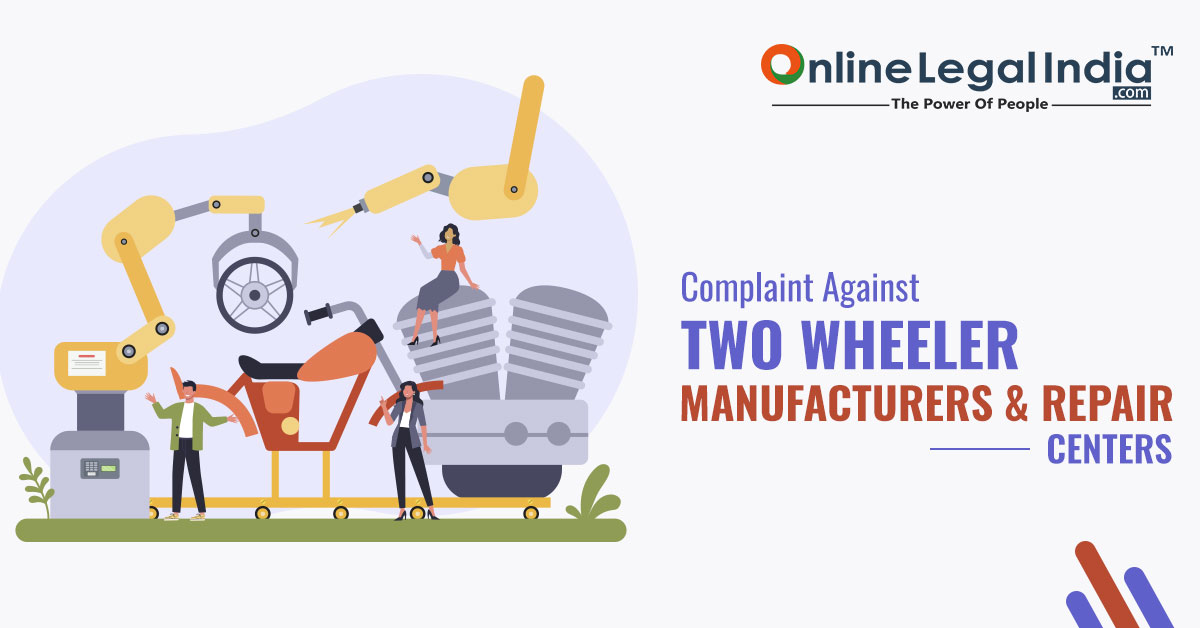How to Trademark your logo and protect your Brand
30 Apr, 2024

 By Online Legal India
Published On 07 Jan 2021
Updated On 06 Jan 2023
Category Income Tax
By Online Legal India
Published On 07 Jan 2021
Updated On 06 Jan 2023
Category Income Tax
As the end of the financial year approaches the only thought that comes in mind is to save the tax on the investment one has made over a period of time. Common choices are equity share, mutual funds etc. which provide a higher return when compared to the traditional fixed deposits. However, with the applicability of the budget 2018, the government has imposed taxes even on long term capital gains above Rs. 1 Lakh @ 10%. whether on redemption or sale as the case may be.
Any profit that arises out of the sale of any capital asset is called capital gains. Capital gain is an economic gain defined as the profit earned on the sale of an asset which has increased in value over the holding period. A capital gain is only possible when the selling price of the asset is greater than the original purchase price.
They are further bifurcated into Long term and Short term for tax purposes only.
Capital assets that are held for more than 36-month qualify to be a long term capital asset. Immovable property like land, building and house property will be considered long term capital assets only if they are in possession for more than 24 months. It means that immovable property will attract long term capital gains tax if they are sold after 24 months of possession from April 1st 2017 for the FY- 2017-18.
However, in case of equity or preference shares listed in a recognized stock exchange will only be considered to be a long term capital asset if the property is held for 12 months. These also include bonds, debentures or any Government securities.
Any capital asset held for a period of 36 months or less is called a short term capital asset. In case of share/security listed in a recognized stock exchange in India or a unit of equity oriented fund, or a zero-coupon bond is that is held below the time span of 12 months will be considered short term capital asset. Income arising from these sources is called short term capital gains.
Why is it important to save tax on long term capital gains?
The rate at which long term capital gains is charged is @20%. There is no minimum exemption limit prescribed, hence the entire amount of capital gain will qualify for the taxable income. Therefore, if a person earns Rs. 60,00,000 from the sale of building, a tax of Rs. 12,36,000 is payable as tax. So it is important to invest this capital gain.
For the financial year, 2021 residential Indians who are 80 years of age or above will be exempted for the tax if their annual income is below 5, 00,000. Residential Indians falling under the age category between 60-80 years of age will be exempted whose income is Rs. 3,00,000.
There is two exemption relating to the purchase of new residential property to save tax on long term capital gain.
There are various sections for Tax Deductions under the Income Tax Act. Every taxpayer needs to understand the same and implement them while filing ITR to avoid deadline.
Online Legal India ™ helps you to file ITR online with ultimate expert guidance from the team of skilled tax experts. You can enjoy the tax benefits and Deductions on any kind of house property, at a very nominal price and without any hassle.

How to Trademark your logo and protect your Brand
30 Apr, 2024

How to Trademark My Company Name in India
29 Apr, 2024

Know the Cost to trademark a name and all the fees required
23 Apr, 2024

How to Register a Brand Name
17 Apr, 2024

How Can You Download FSSAI Certificate?
15 Apr, 2024

Consumer Complaint against Tamil Nadu Electricity Board TNEB
30 Nov, 2020

How to Take Legal Action against Mental Harassment in India?
07 Nov, 2020

UPPCL Uttar Pradesh Power Corporation Ltd. Complaint Filing
19 Nov, 2020

How to File a Complaint Online in Consumer Court in India
27 Nov, 2020

Online Complaint Filing against Hero Motocorp
04 Dec, 2020